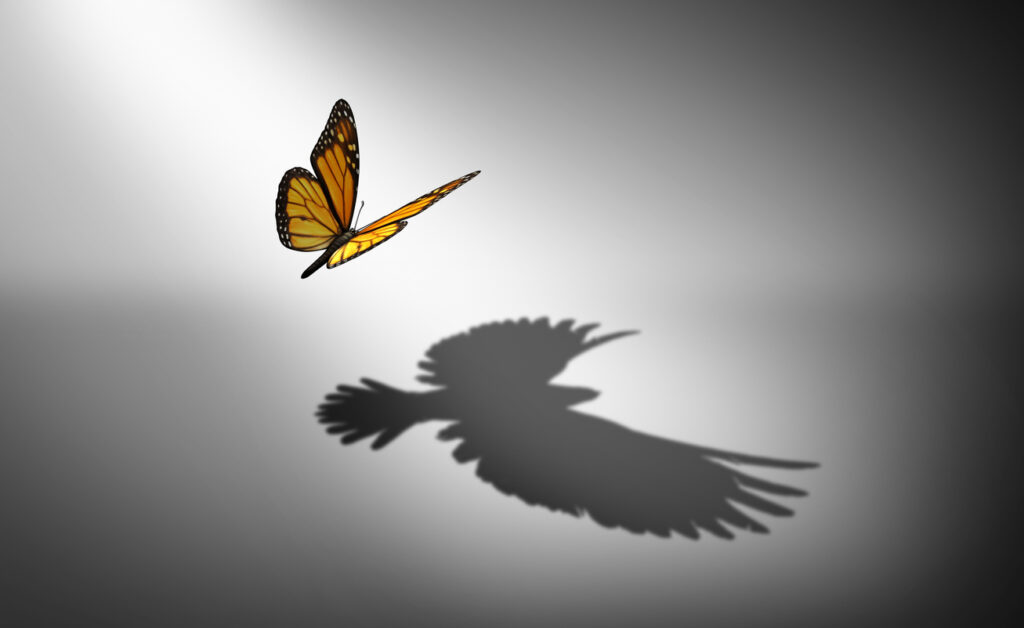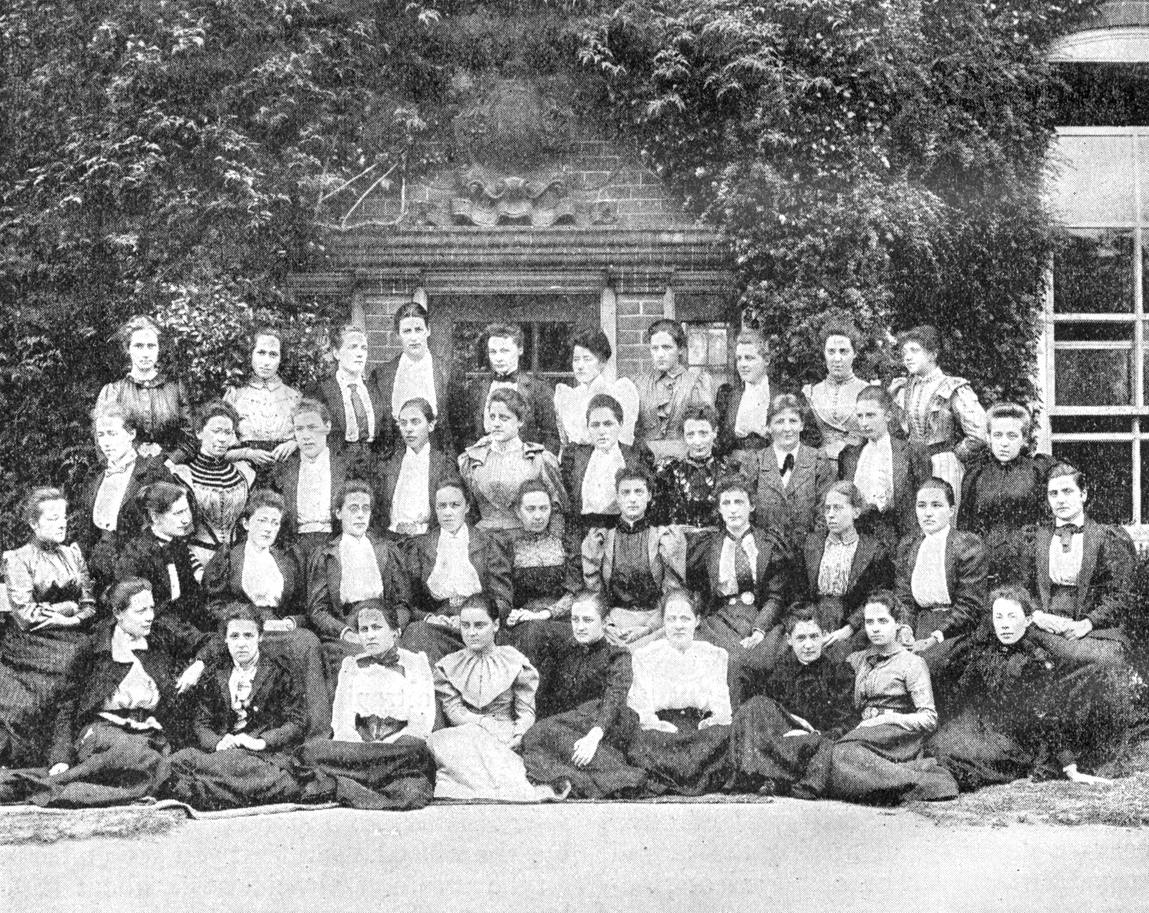By Jeff Cox, for the Paul Brunton Philosophic Foundation
Growing up is to a large extent a process of discovering who we are—and initially this means who we are as an egoic person separate from others, a person who has specific interests, needs, views, and talents that, when developed, will contribute to a successful life. One might say it is a justifiable narcissistic infatuation since we are a work in progress and need to devote a lot of time and attention to get our act together—basically it is a matter of survival with all its attendant variety of challenges and fears that plague each of us.
Having achieved this stage, we might ask ourselves: “Is this all that there is to life?” –for life continues to call us to a greatness beyond where we are at any given point in time. We might frame this call in terms of feeling a need to serve ideals and causes that take us beyond purely self-interest. Or, we might begin to recognize another and deeper pull beyond ourselves—the spiritual call to personal transcendence that is sourced from what Paul Brunton calls the Overself.
 The spiritual call will elicit a response as varied as are the individuals responding to it. But in every case, it will be a call to re-examine our views, values, and purpose in order to better align ourselves with this new creative impulse and perspective that, though it was always present in the background during our long evolution, is now making itself actively evident. We are being asked to shift our gravitational center of self-identity from the: “I am only the body-centered person” to: “I am the witness consciousness of that which I formerly thought to be all that I am.” This call is a form of grace, and grace is often first felt as an intrusion of the Overself’s wider consciousness into the underself’s zone of awareness. It is a glimpse of a way of deep-centered creative living and an encouragement to make this transformation the new norm. All our fears grow from the orientation that we are less than we really are—i.e., the body-centered personality with all its variety of vulnerabilities. Discovering ourselves to be the witnessing consciousness is attended by a wonderful sense of freedom and invulnerability.
The spiritual call will elicit a response as varied as are the individuals responding to it. But in every case, it will be a call to re-examine our views, values, and purpose in order to better align ourselves with this new creative impulse and perspective that, though it was always present in the background during our long evolution, is now making itself actively evident. We are being asked to shift our gravitational center of self-identity from the: “I am only the body-centered person” to: “I am the witness consciousness of that which I formerly thought to be all that I am.” This call is a form of grace, and grace is often first felt as an intrusion of the Overself’s wider consciousness into the underself’s zone of awareness. It is a glimpse of a way of deep-centered creative living and an encouragement to make this transformation the new norm. All our fears grow from the orientation that we are less than we really are—i.e., the body-centered personality with all its variety of vulnerabilities. Discovering ourselves to be the witnessing consciousness is attended by a wonderful sense of freedom and invulnerability.
Paul Brunton offers numerous practices for this shift from ego-centered to Overself-centered living. Here is one that I find helpful: “Your role is to play witness of what you are, how you behave, the thoughts you admit, just as if you were witnessing someone else. This move-over from the actively-engaged person to the watcher who is impersonal and disengaged even in the midst of action, is one from drift to control. You must begin by putting the ego, your own ego, forward as an object of observation. You will not succeed fully in doing so, because you are involved on both sides–as subject and object–but the direction can be fixed and the work can be started. With time and practice, study and reflection, help and sincerity, some sort of impersonality and neutrality can be established. When inner stillness is fully reached, the work becomes much easier until it is completed by the grace of the higher Self, the Overself.” **
*The Wisdom of the Overself, Paul Brunton, page 162, North Atlantic Books 2015 edition.
** The Short Path to Enlightenment, Paul Brunton, page 87, Larson Publications, 2014 edition.
The Paul Brunton Philosophic Foundation (www.PaulBrunton.org)
Youtube channel: https://youtube.com/@paulbruntonphilosophicfoun3467




